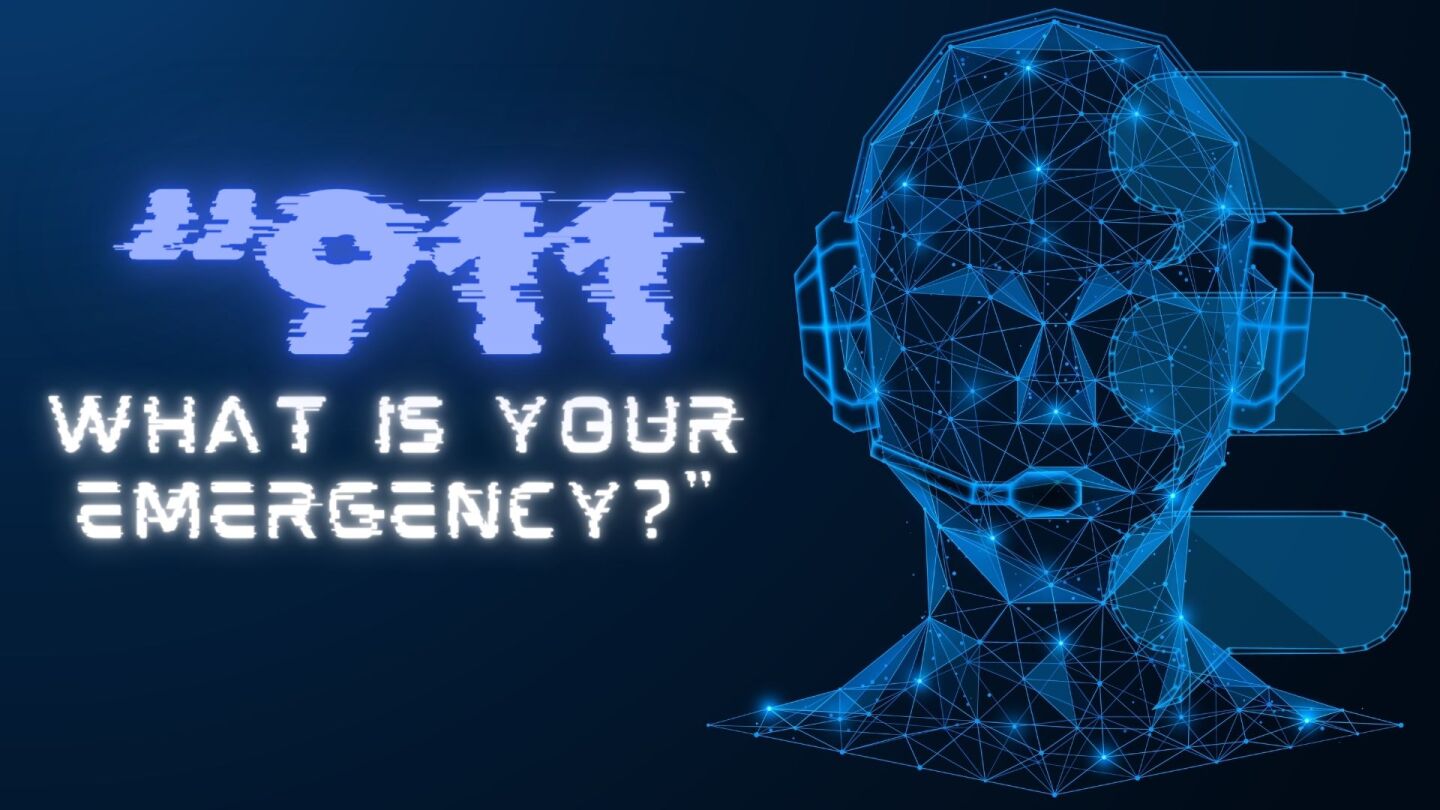
Artificial intelligence (AI) tools are increasingly transforming the way people work, think, and create. Their emergence has sparked comparisons to historical technologies with a similar impact—specifically calculators. Much like how calculators revolutionized mathematics by allowing users to focus on complex problem-solving rather than computation alone, AI has the power to raise the bar for human achievement, provided it is used strategically and ethically.
In education and the workplace, AI can act as a cognitive partner. For example, tools like ChatGPT can assist with drafting documents, summarizing dense texts, or brainstorming ideas. In doing so, they free up time and mental space for users to focus on strategy, creativity, and deeper analysis. The parallel with calculators is compelling: once viewed with concern about cheating or diminished numeracy, calculators eventually became commonly accepted aids that improved math comprehension and efficiency.
However, the use of AI comes with new challenges and considerations. While calculators offered clear and consistent outputs, AI systems can produce variable or even incorrect content depending on inputs and internal algorithms. This requires users to apply critical thinking in evaluating AI-generated responses. Moreover, reliance on AI tools raises ethical questions about originality, authorship, and the potential erosion of fundamental skills if used without proper guidance.
Experts suggest that the successful integration of AI into daily life will depend on education, transparency, and safeguards. Teaching people how to use AI responsibly—validating outputs, understanding limitations, and maintaining human oversight—will be key to maximizing its benefits.
Ultimately, AI should be seen not as a replacement for human intelligence but as a tool to augment it. Just as calculators didn’t eliminate the need for mathematical understanding, AI won’t replace human reasoning or judgment. Instead, it can enable people to operate at a higher cognitive level, solving more complex problems and achieving more ambitious goals.
In conclusion, the proliferation of AI tools, if embraced thoughtfully, can advance productivity, creativity, and learning across many sectors. Like previous technological leaps, their value lies not merely in automation, but in amplifying what people are capable of accomplishing when their minds are freed from rote tasks.
Source: https:// – Courtesy of the original publisher.








